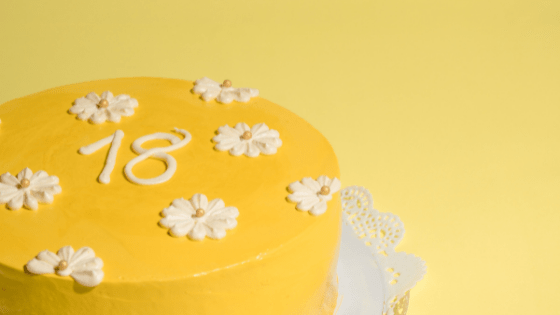Your child at 18 years old! Find out in which areas they have developed
Your child has all grown up and has reached 18 years of age! Find out below how exactly an 18-year-old feels as all people at that age have gone through almost all of the developmental milestones.
Physically
Adolescence is over. The child has matured (sexually too!). Its height is generally determined. Boys may have more facial hair and their voices may change but no major changes will occur. If in previous years they had an issue with their appearance, now they feel good in their body because all the changes are over. Tip for parents: The child’s brain is not yet fully developed. Advise them not to drink too much alcohol!
Emotionally
The situation between parents and children that was tense during adolescence has changed. Children want to hear advice from adults because they want their experience. It is also the time when kids can control their emotions. Possibly at this age kids have a small fear of the future and of failure. Some children at 18 solve these issues relatively quickly while others may never do that. Tip for parents: When the child expresses his fear for the future, justify it. Tell him he cannot plan all aspects of his life right now. Who said kids can’t do pilates? Discover how you will teach them this useful method through the “KIDS PILATES” seminar of Base Training.
Socially
Several 18 year olds have had sex. They begin to think about what would be the characteristics that would “pull” them to a partner. The opinion of their peers begins to no longer count because children have their own opinion. They can make independent decisions and compromise. This way they will be better able to build relationships and friendships. Tip for parents: Have a discussion with your child about the friendships he or she has and which ones he or she wants to keep in the future.
Cognitively
The thinking of 18-year-olds is quite similar to that of adults, although the brain is not yet fully developed. They can think abstractly, plan for the future and set long-term goals. Many children at this age are philosophical and idealistic. Children at this age speak differently to their friends and differently to their family. They can use slang and “language” that is widely used in social networks. If the child reads a lot he will have a rich vocabulary. Tip for parents: You may feel a kind of grief that your child has grown up. Make sure your emotions do not overwhelm the child and let them spread his wings.
When to worry
If the child has changes in mood, appetite, sleep, has a problem with his body or is not doing well in his academic studies then he may have a mental health issue. Also be especially careful because at this age there is a risk of substance abuse. Giota Florou source: www.verywellmind.com Recent Articles







